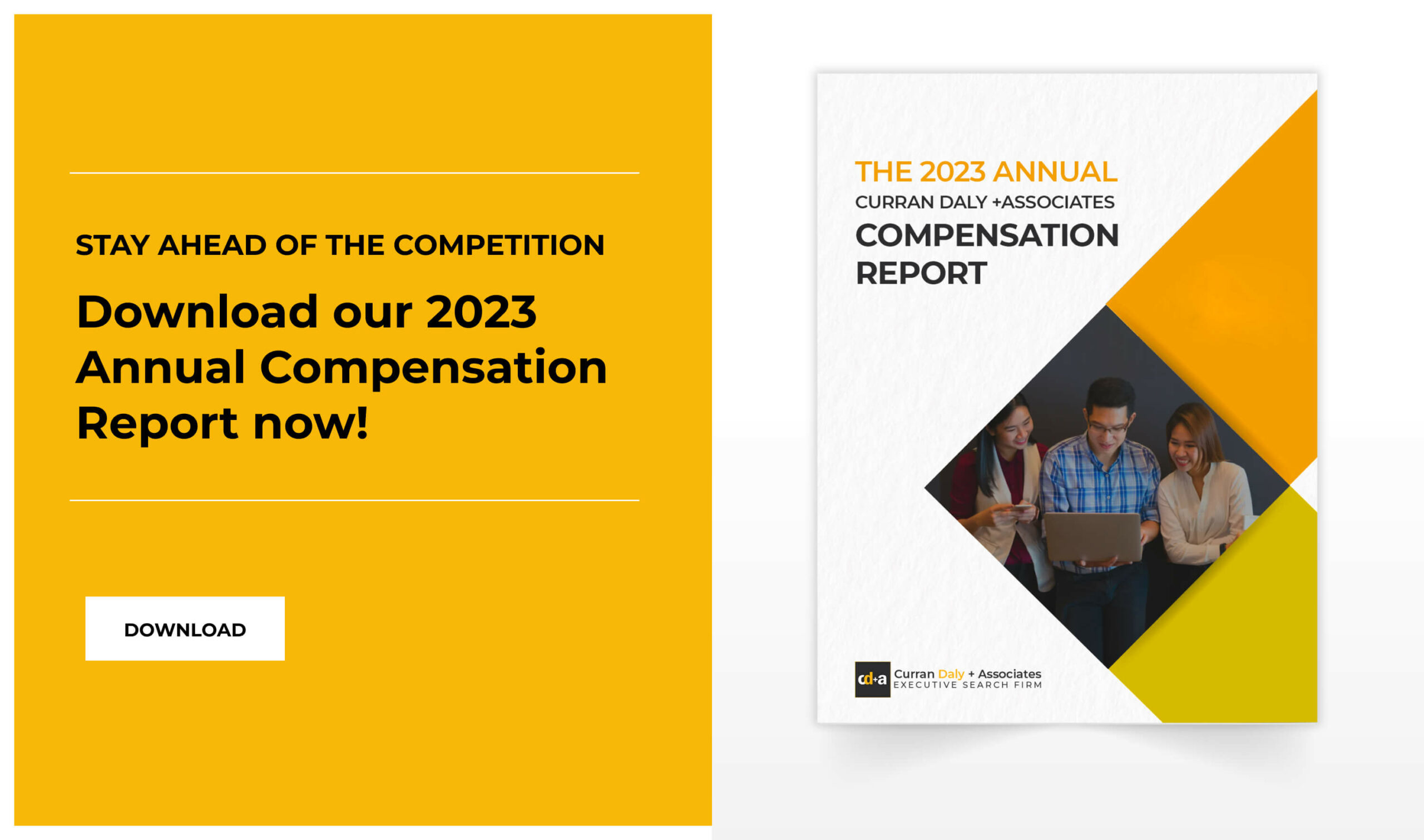- While a standard hiring process may typically succeed in screening the worst candidates, the damage is usually seen through the marginal hires that slip through the cracks.
- A strategic hiring process can dramatically improve an organization’s ability to search for top-notch talent.
- Organizations need to know how to precisely screen candidates, identify the best-fit, and standardize the recruitment selection process throughout the firm.
Some organizations may tend to sugarcoat the numbers; however, it cannot be denied that the costs of imprecise talent selection are staggering.
A survey by Leadership Excellence has shown that 5 247 managers who hired more than 20 000 people have found that 46% of newly-hired employees will fail within 18 months, while 19% will achieve unequivocal success.
Typically, high turnover costs are a blatant sign that organizations are not taking a strategic approach to their hiring process. They are merely replacing bodies like cogs in a well-oiled machine while failing to consider strategies that will help identify the “best fit” for the company.
Hiring for the Future
Forward-thinking organizations know how important it is to hire the right staff for their team. While a standard hiring process may typically succeed in screening the worst candidates, the damage is usually seen through the marginal hires that slip through the cracks.
These new hires may tend to adversely impact your organization’s productivity and morale. A strategic hiring process can dramatically improve an organization’s ability to search for top-notch talent.
Organizations need to know how to precisely screen candidates, identify the best-fit, and standardize the recruitment selection process throughout the firm.
They also need to adeptly evaluate an individual’s character, personality, motivation, and competencies, to accurately predict whether they will perform well on the job.
Here are five pillars to strengthen your hiring process:
PILLAR 1: Define your ideal candidate.
Companies can quickly identify the required technical competencies needed for every job vacancy. However, only a few can precisely distinguish the right personalities and disposition that a new hire will need for a specific job.
Defining the ideal candidate for a particular vacancy requires organizations to clearly define the specific traits and personalities needed to make them succeed on the job itself.
PILLAR 2: Dig deep into the candidate.
By only looking at the applicant’s resume, the hiring team can never fully gauge a candidate’s competency when it comes to making critical decisions, handling constructive criticisms, and interacting with other people.
A good recruiter knows how to properly probe deeply into a candidate’s credentials by getting an in-depth look at the candidate’s people skills, motivations, and character traits. They know how to look beyond the resume and ask questions that matter during the interview.
PILLAR 3: Establish a flow.
Recruiters also know that they cannot simply force a candidate into honestly revealing their entire career history. Candidates must offer information about themselves willingly. The hiring team needs to develop a rapport with the applicants.
Remember to refrain from jumping from one topic to another during the interview or even ask superficial questions with blatantly scripted answers. Instead, learn how to ask relaxed and non-threatening questions that will slowly probe deeply into the candidate’s career.
PILLAR 4: Do your research.
There is no substitute for first-hand information about the candidate. Learn how to pave the way towards making a reference call with a candidate. You can even ask them to help you get in touch with their former boss.
It is also important to note that companies can still hire candidates with a less-than-stellar reference from their previous job. Some applicants who were “poor fits” in one industry can become a great success in another.
PILLAR 5: Live in the moment.
Organizations need to remember that the best predictor of future behavior is based on a candidate’s current behavior. The hiring team needs to be aware of several warning signs during the initial interview.
Candidates that give superficial responses to technical questions often have little experience regarding the topic. Additionally, candidates who get oddly defensive when asked a probing question (e.g., When I talk to your previous colleagues, What will they say were your weaknesses?) will most likely act the same way on the job. These initial reactions from the candidate may intensify once you hired them for the company.
Let’s take a look at some essential qualities to look for in a candidate.
Coburg Banks, a recruitment company based in the U.K., identified the essential attributes to look for in a new employee:
1. Confidence
Candidates with an innate self-confidence can become a valuable asset that will propel the company forward. A confident person with solid self-esteem will generally be more at ease with a team and will more likely handle clients and customers efficiently.
How do you assess confidence in a candidate?
Applicants can be nervous during the interview. Thus, it can be quite challenging to assess confidence during the entire hiring process. However, confidence can be easily seen when you know where to find it in a candidate.
By looking at body language, including distinct visual and audible cues, the hiring team can spot a confident candidate right away. It can also help if the interviewers can ask the following questions:
- Tell me about a crisis at work and how you dealt with it.
Recruiters need to interpret the candidate’s answer to this question and probe specific details to their previous work experience. A promising response will include information on how the candidate willingly took the initiative and work with a team or customer to resolve an issue.
- Where do you see yourself in five years?
As cliché as this question may seem, a genuinely confident person will shine when recruiters ask this question. They will talk about the aspirations for career progression, advancement, and a clear future within the company.
2. Emotional Intelligence
Emotional intelligence refers to a person’s ability to control emotions and handle interpersonal relationships with empathy and class. An emotionally intelligent candidate is level-headed, calm, and are always in tune with the people around them. These are the kind of people that organizations need on their team.
How do you assess emotional intelligence in a candidate?
Here are some questions that will help recruiters find out if an applicant has a solid level of emotional intelligence:
- Have you made any lasting friendships at work?
A candidate that fosters and nurtures relationships that go beyond work is a good sign.
- What are the three factors that you can attribute your success to?
This can almost be seen as a trick person since a candidate can simply list their own qualities that make them stand out. A person that has a high level of emotional intelligence will talk about their accomplishments and also other people’s contributions that made it happen.
3. Passion
It can be argued that not every employee can be passionate about their work. However, there are special types of employees who have an unmistakable passion for whatever job they do. These are the types of candidates that organizations need to keep as their passion will also encourage their colleagues to do the same.
How do you assess passion in a candidate?
Ultimately, gut instinct will carry a big difference when assessing passion in a candidate. However, asking these questions will help you get started:
- What were the most satisfying moments with your last job?
This open-ended question will allow the candidate to talk about things that matter to them at work. A great response will indicate their drive for teamwork, initiative, and ambition.
- What drove you mad about your last position? If you could change one thing, what could it be?
Passionate people notice small details that hinder them from doing an excellent job at work. If candidates narrate about certain procedural deficiencies or even a systemic failure that they have to work around to get the job done, this is a good sign. This means that they are the type of employee who can flag problems and improve processes.
4. Positivity
Being a positive person can have a considerable impact on the workplace. A person with a positive disposition can handle setbacks and crises more efficiently. They are the kind of employees who will be willing to shoulder responsibility and carry the team forward during stressful situations.
How do you assess positivity in a candidate?
Beyond looking at intuition, positivity can be spotted when recruiters ask the right questions such as:
- Can you tell me when you got a negative criticism at work?
Making a candidate narrate a negative experience will reveal their disposition. It will show how well they received the criticism and how it helped them do better with their job.
- How you ever felt underappreciated when your skills were not used effectively at work?
A candidate with a positive disposition knows how to deal with these kinds of issues constructively while others may use this as an opportunity to complain about their previous job.
5. Critical Thinking
Employees need to be adaptable enough to handle critical situations at work. A good employee knows how to think outside the box and have the confidence to translate their ideas into actionable results.
Critical thinking is a crucial quality that organizations should actively look for in a candidate. Proactive employees with excellent critical thinking skills can come up with innovative solutions that can help streamline business operations.
How do you assess critical thinking in a candidate?
To accurately assess critical thinking in a candidate, organizations need to have a tailored skills test. The California Critical Thinking Skills Test is an excellent way to help you get started.
Need help with your recruitment process? Let us help you.
Curran Daly & Associates is here to help you transform your recruitment process and get the best talent that your business needs.
Our team of experienced recruitment specialists has mastered its methodology of searching “hard-to-find” business leaders and other expert talents. Partner with us to learn more!
References:
8 Key Attributes You Should Look for in Every New Employee. (2017). Coburg Banks. Retrieved 3 November 2019, from https://www.coburgbanks.co.uk/blog/assessing-applicants/key-attributes-in-new-employees/
Brenner, M. (2007). 4 Steps to Strategic Talent Acquisition. U.S. Business Review, 8(1), 12–13. Retrieved from http://search.ebscohost.com/login.aspx?direct=true&db=bth&AN=24106916&site=ehost-live
Murphy, M. (2006). Hiring I.Q. Leadership Excellence, 23(1), 11. Retrieved from http://search.ebscohost.com/login.aspx?direct=true&db=f5h&AN=19593763&site=ehost-live









0 Comments